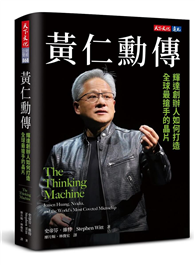Children affected by cancer experience a period of psychological disruption and a sea of fears and anxieties. The stress caused by the disfigurement of the physical image, the inability to attend school regularly and the withdrawal from social interaction with friends and family can be minimized when the child receives adequate attention. Playrooms act on these limitations, as the child receives physical, psychological, physiological and social attention based on playful therapeutic resources. Playfulness then becomes an expression for their dramas, allowing them to rework their feelings and accept their current reality more naturally. This book presents the views of the carers of children with cancer on the use of the toy library as a therapeutic resource in pediatric care. The authors invite the reader to discover how the playroom provides a better quality of life for children. This book shows how the playroom, through games and toys, harmonizes the process of giving continuity to the child’s cognitive development and acts on the patient’s potential, encouraging them to be creative and interact with others.
| FindBook |
有 1 項符合
The use of toy libraries in the care of children with cancer的圖書 |
 |
The use of toy libraries in the care of children with cancer 作者:Melo 出版社:Our Knowledge Publishing 出版日期:2024-07-27 語言:英文 規格:平裝 / 52頁 / 22.86 x 15.24 x 0.3 cm / 普通級/ 初版 |
| 圖書館借閱 |
| 國家圖書館 | 全國圖書書目資訊網 | 國立公共資訊圖書館 | 電子書服務平台 | MetaCat 跨館整合查詢 |
| 臺北市立圖書館 | 新北市立圖書館 | 基隆市公共圖書館 | 桃園市立圖書館 | 新竹縣公共圖書館 |
| 苗栗縣立圖書館 | 臺中市立圖書館 | 彰化縣公共圖書館 | 南投縣文化局 | 雲林縣公共圖書館 |
| 嘉義縣圖書館 | 臺南市立圖書館 | 高雄市立圖書館 | 屏東縣公共圖書館 | 宜蘭縣公共圖書館 |
| 花蓮縣文化局 | 臺東縣文化處 |
|
|
圖書介紹 - 資料來源:博客來 評分:
圖書名稱:The use of toy libraries in the care of children with cancer
|











